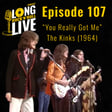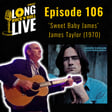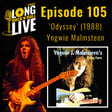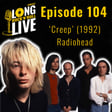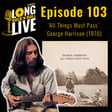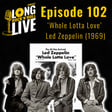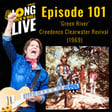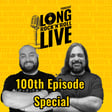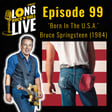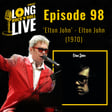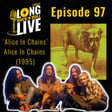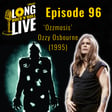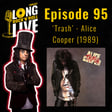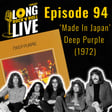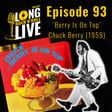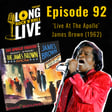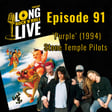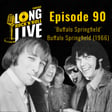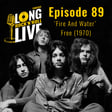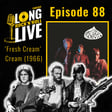
72. Iconic Solos - Part 1
The Solo. A single performer showing off his/her musical talent and skill. Adding an interesting, alternative part to a song’s structure and, potentially, giving the audience a passage of music unlike what the rest of the song entailed.
Whether it’s a short-but-sweet 8 bars or an extended showcase that takes the listener on a long journey, a lot can be said in a short space of time with a talented human operating their instrument at the highest level.
In these new topical discussion episodes, we take a look at some of Rock ‘N’ Roll’s most iconic virtuosic moments and discuss what makes them so good, how significant they were and what legacy they left.
In this episode:
- Sultans Of Swing (Mark Knopfler) - Alchemy: Dire Straits Live - Dire Straits (1984)
- Heartbreaker (Jimmy Page) - Led Zeppelin II - Led Zeppelin (1969)
- The End (Ringo Starr) - Abbey Road - The Beatles (1969)
Episode Playlist: https://open.spotify.com/playlist/7elrTXqh3w0CqQ8qXDtZVh?si=3c9d085d1d4d48e3
LONG LIVE ROCK ‘N’ ROLL
